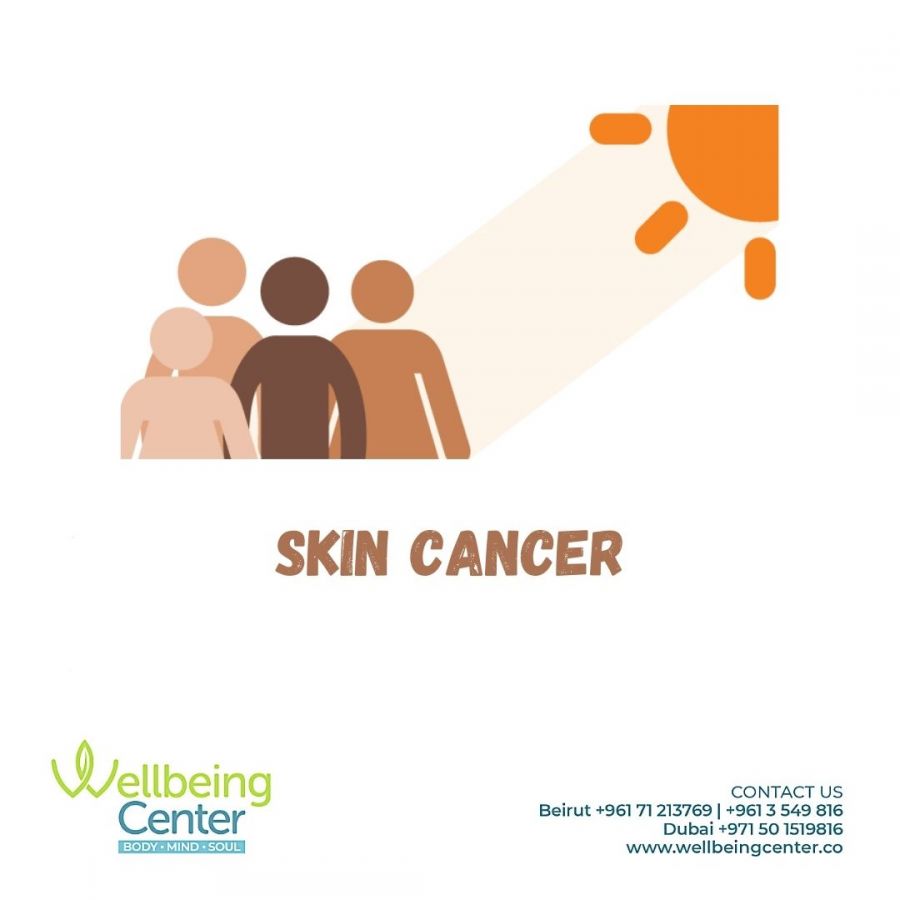Skin Cancer

May is Skin Cancer Awareness month, which offers a great opportunity to learn more about the important role that sun protection and early detection have in preventing and treating skin cancer.
Practice healthy sun habits
Protecting yourself from the sun’s harmful UV rays is the first step in skin cancer prevention. Following these habits consistently throughout your life will have a positive impact on your skin as an adult.
Photoaging is the result of cumulative sun exposure a person receives throughout their life and is responsible for 90% of visible changes to the skin. The likelihood of developing skin cancer is strongly associated with exposure to UV radiation. Genetic factors, such as being fair-skinned or having a family history of skin cancer, also contribute to a person's lifetime risk for developing skin cancer, but there isn’t much you can do about that. However, UV exposure is controllable and preventable and you can be proactive here. Regularly apply sunscreen with SPF of 30 or more and wear a hat to protect your scalp and ears from the sun’s harmful rays. A person's risk for melanoma doubles if they have had more than five sunburns, so don’t skimp on the sunscreen, and don’t forget to protect your scalp and ears!
Check yourself at home
Another step in being proactive with skin cancer prevention is to perform monthly self-checks at home. Using a full-length mirror in a well-lit room, inspect each mole, freckle and blemish. Look over your entire body, and use a handheld mirror for areas difficult to see such as your back.
In addition to monthly self-checks, you should also make it a priority to see your dermatologist annually for a full body screening. If you find something suspicious during one of your monthly self-checks, don’t wait until your annual exam to see a dermatologist.
Schedule your annual skin cancer screening today
While it’s important to check yourself at home often, getting an annual skin cancer screening by a professional can be instrumental in identifying any suspicious lesions and treating them early. Scheduling your yearly full body skin exam with a dermatologist is the most important step in detecting skin cancer. Melanoma can be found anywhere on the body, and are sometimes overlooked on self-exams, especially on the back or scalp. Catching skin cancer in the early stages, when it’s easiest to treat, can make all the difference in the treatment plan your dermatologist will recommend.
